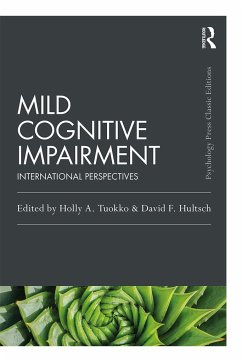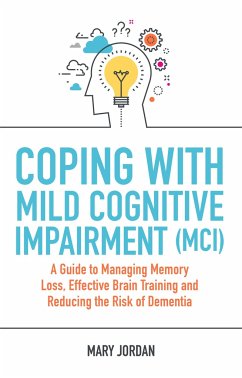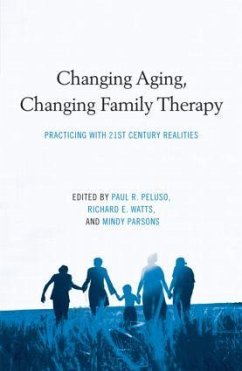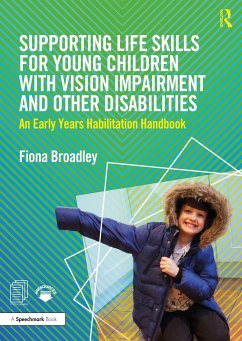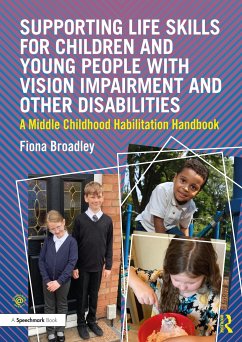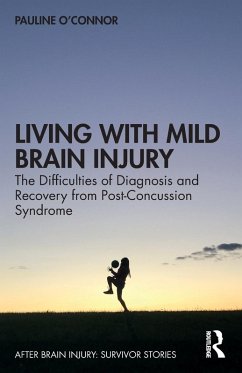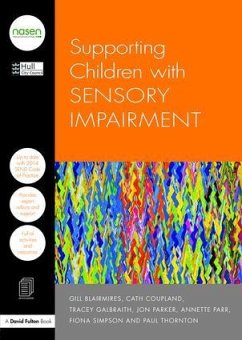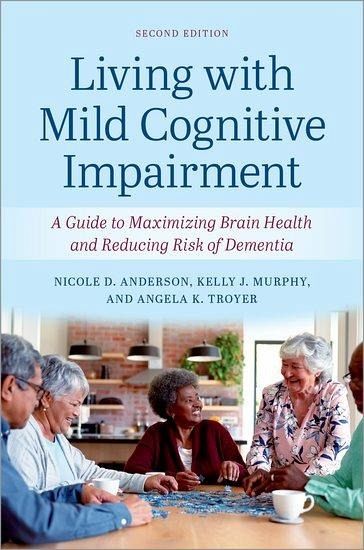
Living with Mild Cognitive Impairment
A Guide to Maximizing Brain Health and Reducing the Risk of Dementia
Versandkostenfrei!
Versandfertig in über 4 Wochen
35,99 €
inkl. MwSt.

PAYBACK Punkte
18 °P sammeln!
Written by three clinicians and scientists who have years of experience working with people with mild cognitive impairment, or MCI, this new edition provides up-to-date and reliable information based on the science of MCI. The authors explain how MCI is diagnosed and treated, and they provide information on how to improve cognitive health through healthy eating, exercise, and social and cognitive engagement. The book also provides practical and effective memory strategies, using patient stories to illustrate the real-life issues facing people living with MCI. The book includes "Questions to As...
Written by three clinicians and scientists who have years of experience working with people with mild cognitive impairment, or MCI, this new edition provides up-to-date and reliable information based on the science of MCI. The authors explain how MCI is diagnosed and treated, and they provide information on how to improve cognitive health through healthy eating, exercise, and social and cognitive engagement. The book also provides practical and effective memory strategies, using patient stories to illustrate the real-life issues facing people living with MCI. The book includes "Questions to Ask Your Doctor," recommended readings, links to relevant Web pages, and worksheets to guide readers through healthy lifestyle change.



